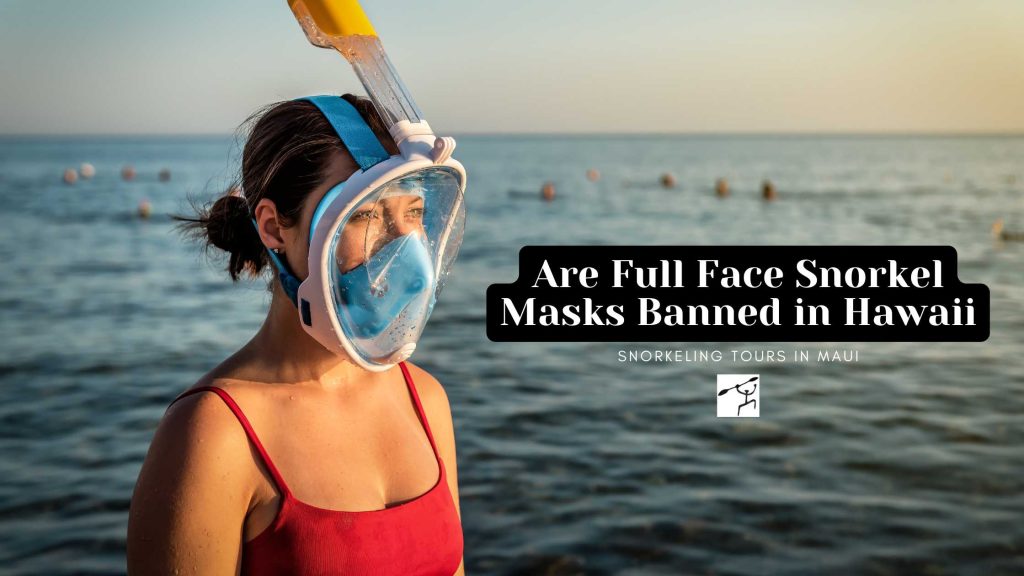
Are Full Face Snorkel Masks Banned in Hawaii
are full-face snorkel masks banned in hawaii, why are full face snorkel masks dangerous, are full face snorkel masks safe, full face snorkel mask dangers
Are Full Face Snorkel Masks Banned in Hawaii
Are Full Face Snorkel Masks Banned in Hawaii
Are Full-Face Snorkel Masks Banned in Hawaii?
The full-face snorkel mask has become a go-to piece of gear for vacationers who appreciate the unobstructed view it offers. Its straightforward design, whole-face visor, nose pocket, and dual breathing paths, entices anyone seeking an easy first experience with marine life. Despite the appeal, rumors about a statewide ban in Hawaii refuse to fade.
The governing authorities have not issued a blanket prohibition; what they have done is issue warnings and conduct field surveys to better understand how the product performs under local conditions. That hesitance, repeated in safety briefings and posted on some beach kiosks, frequently gets misread as an outright forbid. In practice, travelers can find rental outlets that still stock them alongside fins, reef walkers, and conventional snorkel sets.
Are Full-Face Snorkel Masks Dangerous?
The appeal of a 180-degree field of view is tempered by a list of technical shortcomings that Hawaii-based instructors do not ignore. The main worry revolves around carbon-dioxide buildup; if a compartment inside the mask remains sealed and the one-way vents clog, the gas we exhale can thicken and remain in the breathing space. Even fit, alert users describe sudden dizziness when that pocket traps air they just breathed out.
Economically manufactured units are especially prone to that flaw because the clearance tolerances are loose or the check valves too short. A handful of mortality reports from the islands name full-face models among the factors present; the coroners who evaluated those cases stopped short of assigning causal blame, citing the need for wider data before reaching a verdict.
Are full-face snorkel masks banned in Hawaii?
No, the state has not officially outlawed them. On the Big Island and around Maui, however, several operators have taken the extra step of advising customers to leave the masks at home. Their reasoning is simple: unsettled research on safety and growing anecdotal reports of trouble in the water.
Even some outfitters who specialize in night manta-ray excursions have posted warnings or outright bans in their pre-boarding paperwork.
Are full-face snorkel masks safe?
Quality matters, maybe more than in any other piece of gear. Solid brands route the airflow properly and add coatings to keep the glass from fogging mid-dive.
The bargain-bin or mystery-label units, by contrast, usually skip those small details, so putting one on can become a gamble.
Recommendations for snorkelers in Hawaii.
When you book a guided trip, lean toward the traditional tube-and-fin setup unless the crew specifically says full-face is okay.
Cheap or unbranded models should be avoided on principle—even if they gleam under the shop lights. If uncertainty lingers, pose the question straight to the tour desk before you leave the beach.
Finally, always run the gear in calm, shallow water first; an unexpected clog in the valve is easier to handle a few feet from shore.








